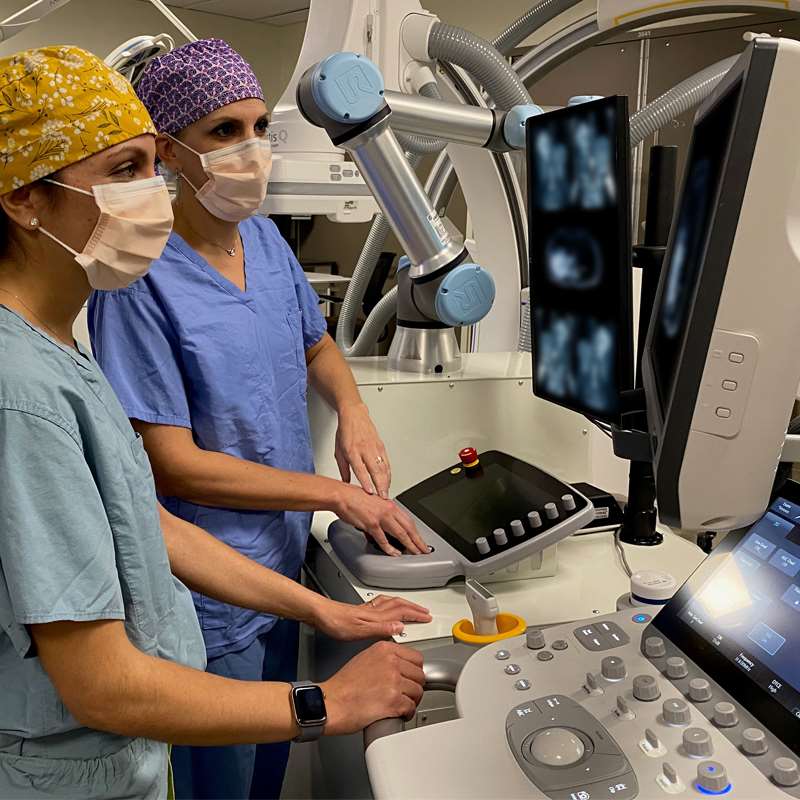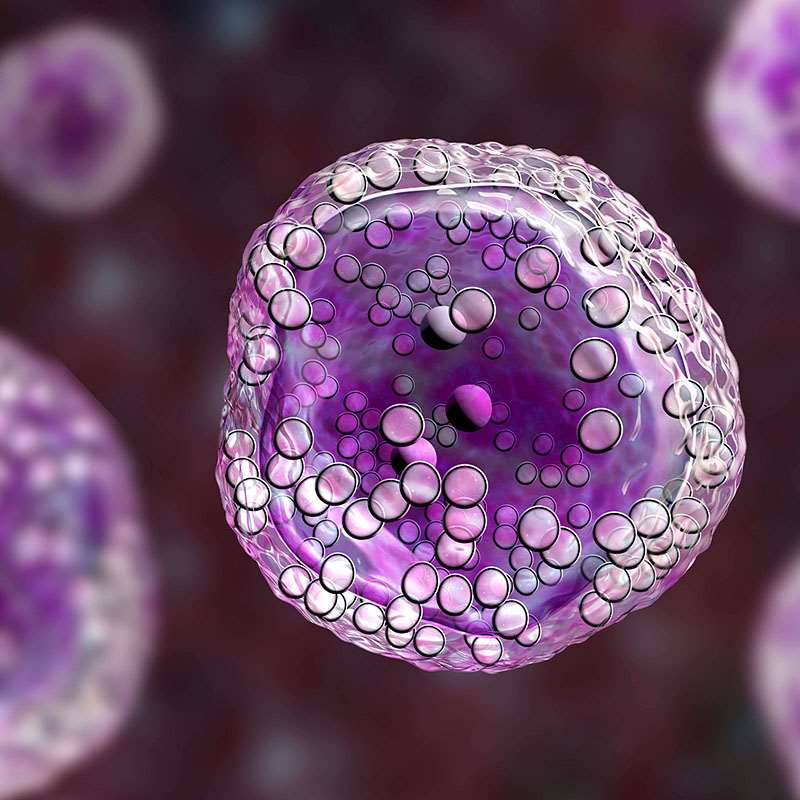Facts and Figures
The MCW Cancer Center is a leader in cancer research and discoveries.

Why Choose the MCW Cancer Center
Take a closer look at our mission and vision, accolades, scientific areas of focus, the community we serve, and the robust resources available to investigators.

Improving Life After Breast Cancer for Black and African American Women
Black and African American women are disproportionately affected by cardiovascular complications after breast cancer. A new study is taking action to improve survivorship.

Groundbreaking #HOPE4LIVER Trial Uses Sound Waves to Save Lives
A nationwide #HOPE4LIVER trial remains underway to evaluate an innovative, patient-centered treatment for liver tumors. Using a combination of robotics and histotripsy (a technique that uses sound waves to liquefy and destroy cancer tissue), this non-invasive treatment holds the potential for quicker patient recovery.

Building the Next Generation of Cancer Scientists
In partnership with the American Cancer Society and local colleges and universities, a Diversity in Cancer Research program aims to help underrepresented students launch successful cancer research careers with the potential to make a life-saving impact in their community.

Drug Therapy Offers New Hope for Patients with Mantle Cell Lymphoma
Groundbreaking results from a recent clinical trial found that Pirtobrutinib significantly improved life expectancy for patients with mantle cell lymphoma who responded poorly to other treatments. These results led to accelerated approval of Pirtobrutinib by the Food and Drug Administration.
